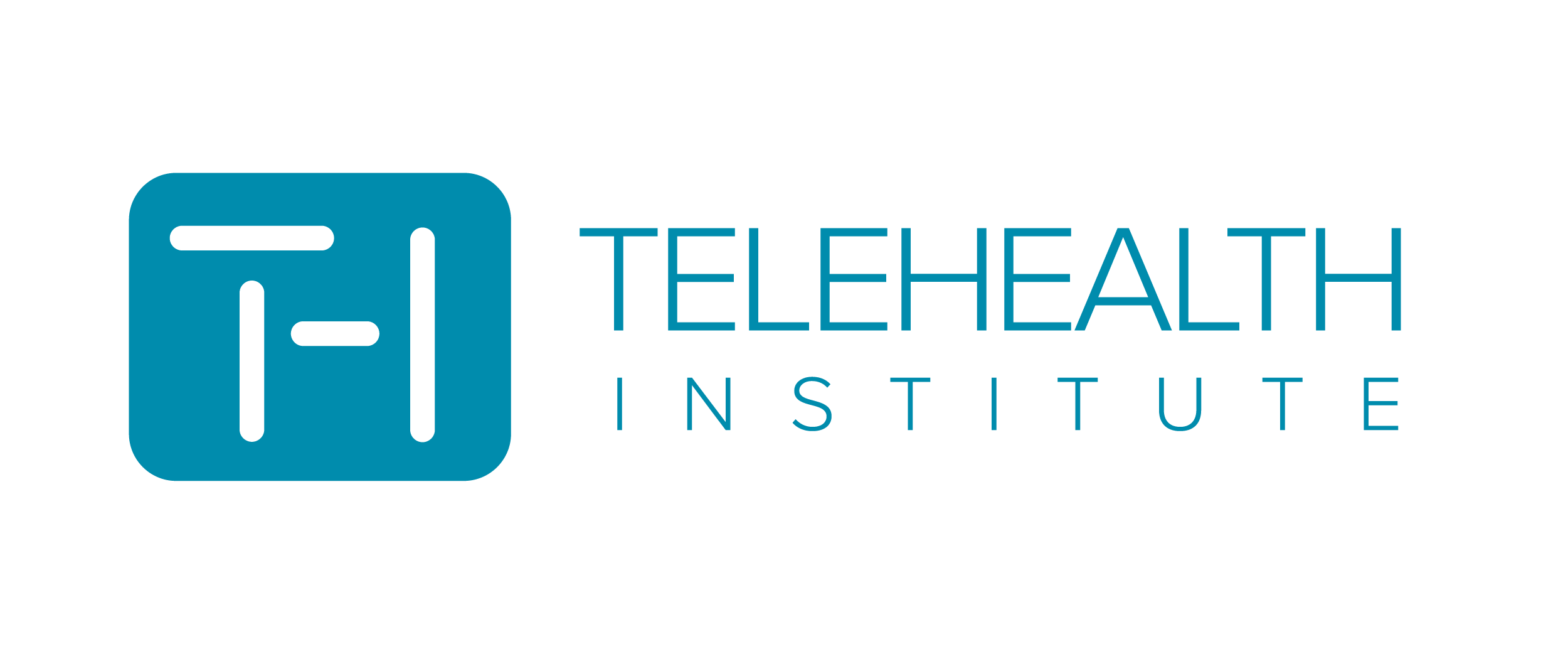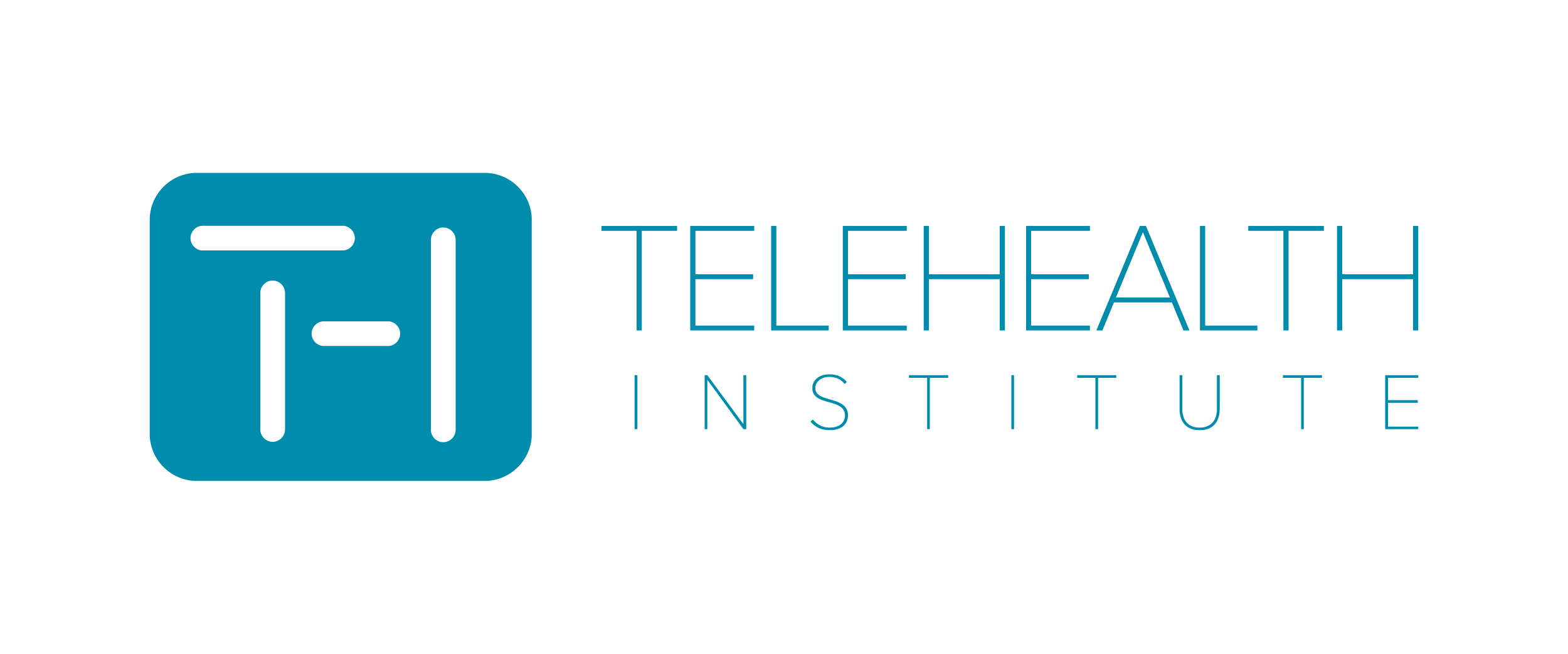
International Medical Graduates
Telehealth courses that meet ACGME’s requirements
TI offers international medical graduates the opportunity to experience the United States healthcare system by observing the delivery of patient care. The telehealth courses are meant to familiarize and acculturate a graduate to the practice of medicine in a U.S. clinical setting. This is a great introduction to U.S. healthcare before graduates successfully match into a hospital-based residency program.
TELEHEALTH EDUCATION TRACK
A collaboration of US Medical Schools and Physicians
1
Telehealth: Facilitator Certificate
Jefferson University Certificate Course
2
Telehealth: Physical Exams Instruction
Jefferson University Certificate Course
3
Telehealth: Virtual Rotations
US Virtual Rotations in Primary Care
4
Grand Rounds
US Grand Round Sessions (weekly)
5
Didactic Lectures
US Didactic Lectures (weekly)
TELEHEALTH CERTIFICATE COURSES
Fundamentals of telehealth

Telehealth: Facilitator Course
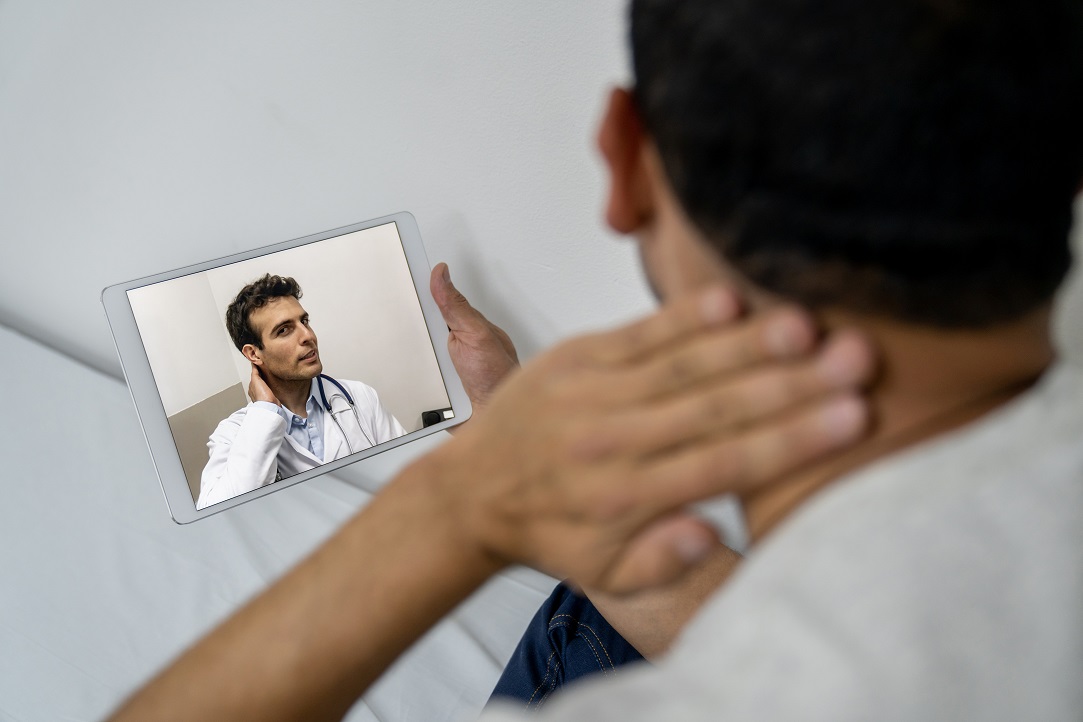
Telehealth: Physical Exams
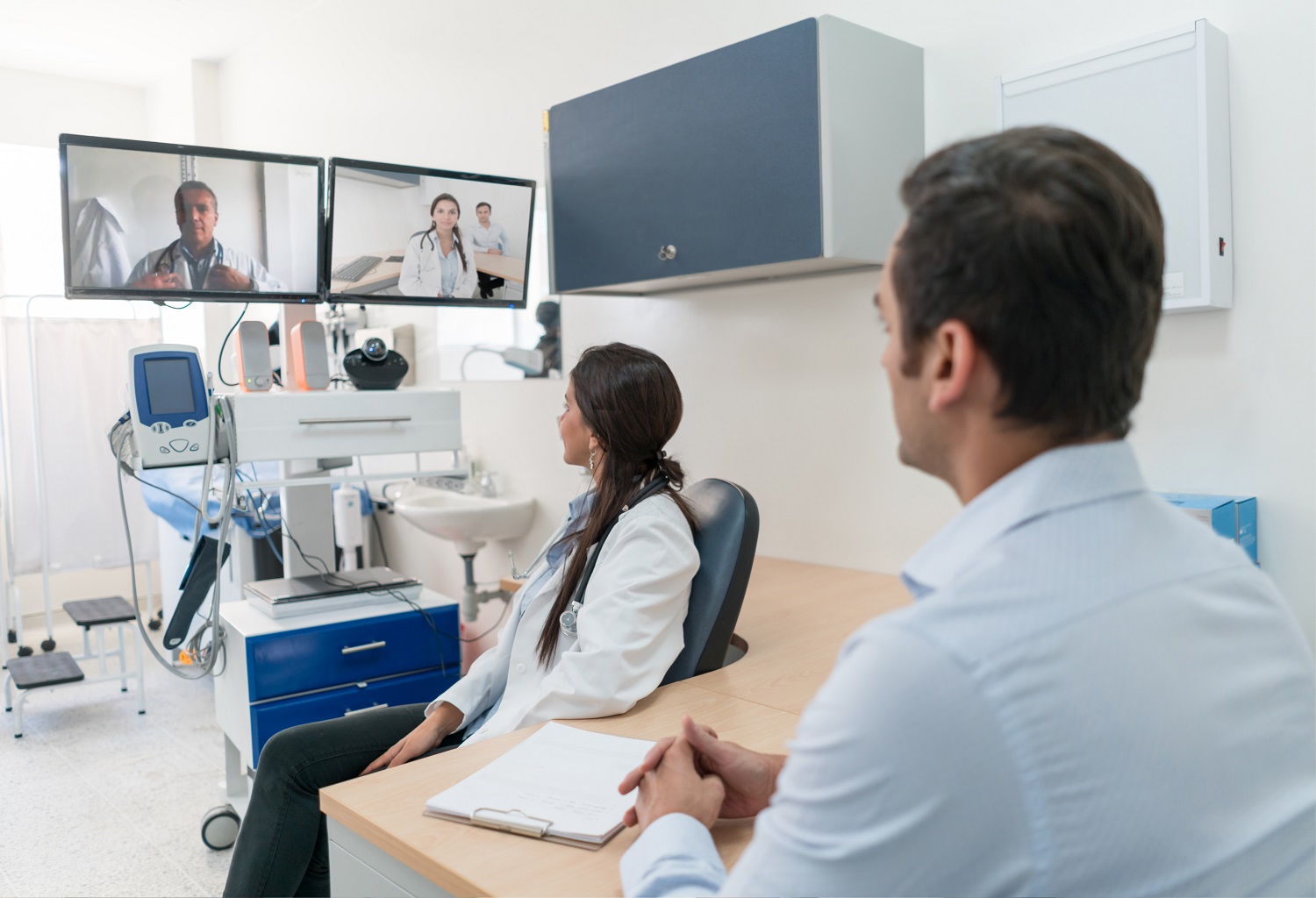
Telehealth: Virtual Rotations
CONTINUING EDUCATION PROGRAMS
Access to live clinical programs in the US
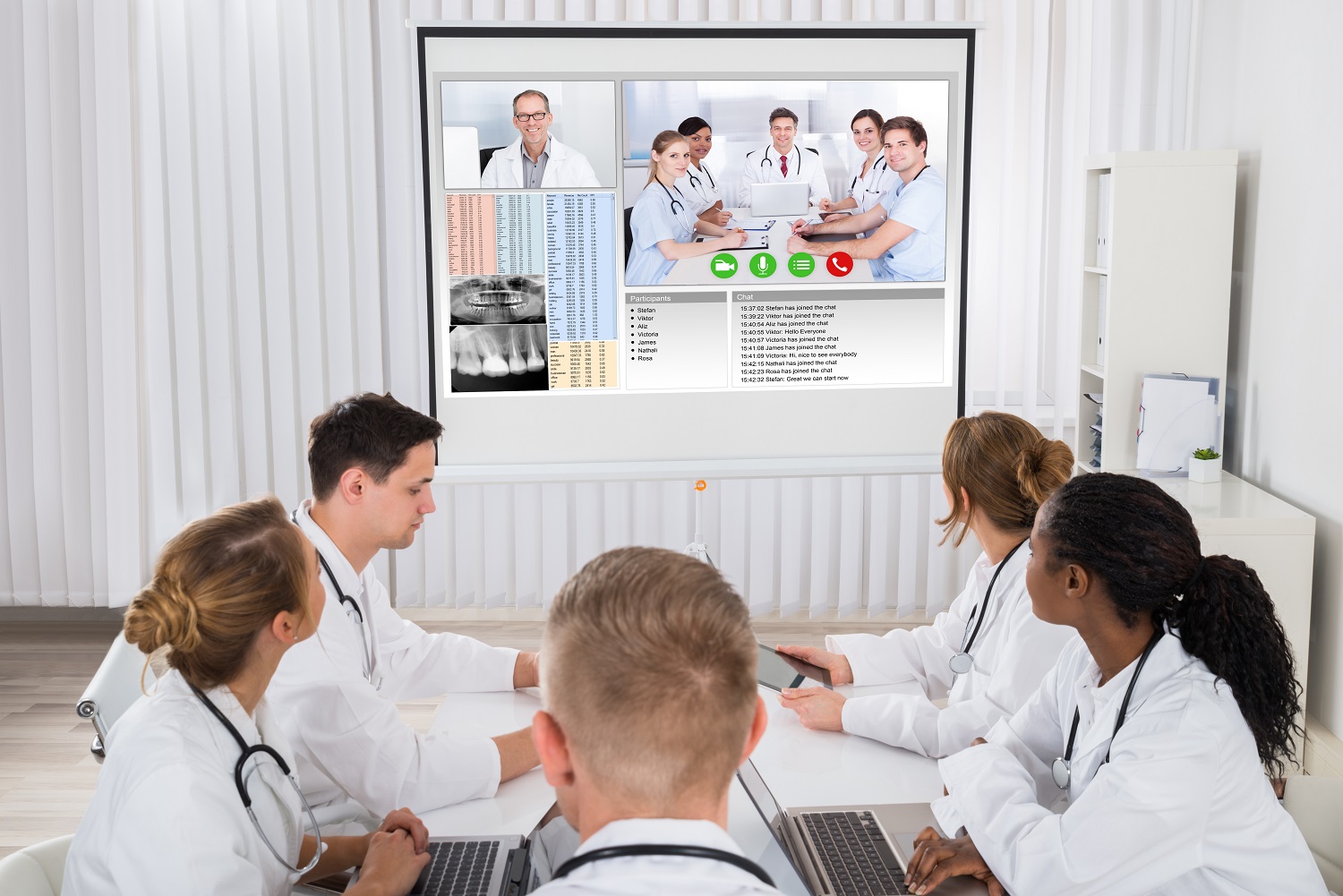
US Grand Rounds
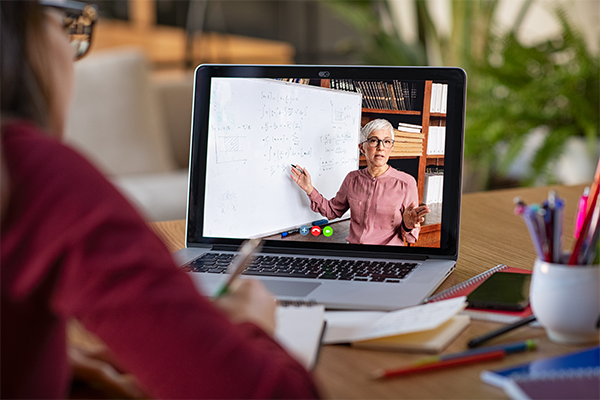
Didactic Lectures

Global Mentors
It’s hard to imagine a future in which telemedicine isn’t a growing part of how we deliver care. Understanding the new skills clinicians will need - and how to best train them to use those skills - is essential to providing high-quality care and meeting the needs of tomorrows patients. - Dr. Scott Shipman, Association of American Medical Colleges
REQUEST INFORMATION NOW
MEDICAL & NURSING STUDENT PROGRAM
Preparing the next generation of healthcare professionals
To prepare our future medical professionals to utilize telehealth accurately and efficiently, medical schools and teaching hospitals are implementing telemedicine into their curriculum. The range of telehealth education options for students in medical schools varies from required courses to optional electives. Based on American Academy of Medical Colleges (AAMC) data, in the 2017-2018 school year, 88 medical schools (about 60%) included telemedicine as either a required course or an elective option.
To utilize telehealth, students must first understand the privacy requirements and learn to explain the efficacy of telehealth to patients. Gathering patient medical history is critical to providing comprehensive care, and thus clinicians must understand how to comfort patients concerned with the privacy of their medical history. Ethical issues involving patient information and privacy are paramount for all telehealth programs are required to clearly address this topic.
In these programs, students utilize telehealth to learn its capabilities – specifically with regards to virtual examinations. The ability to read a patient’s physical appearance and body language cues during virtual visits is an increasingly important skill for clinicians to possess. Telehealth courses provide students the opportunity to shadow physicians via video conferencing to learn telehealth terminology and communication skills.
“There’s really an art to providing a good video consultation that needs to be taught, just like we teach bedside manner and patient interviewing skills.” - Neal Sikka, MD - George Washington Univ. Medical Faculty Associates
TELEHEALTH EDUCATION TRACK
A collaboration of US Medical Schools and Physicians
1
Telehealth Fundamentals
Jefferson University Certificate Course
2
HIPAA Compliance Certificate
Jefferson University Certificate Course
3
Virtual Clinical Rotations
US Virtual Rotations in Primary Care
4
Didactic Lectures
US Didactic Lectures (weekly)
5
Grand Rounds
US Grand Round Sessions (weekly)
ONLINE CERTIFICATE COURSES
Telehealth Fundamentals

Telehealth Fundamentals Course

HIPAA Compliance Certificate Course

USA Virtual Clinical Rotations - Primary Care
CONTINUING EDUCATION PROGRAMS
Access to live US clinical programs

US Grand Rounds

